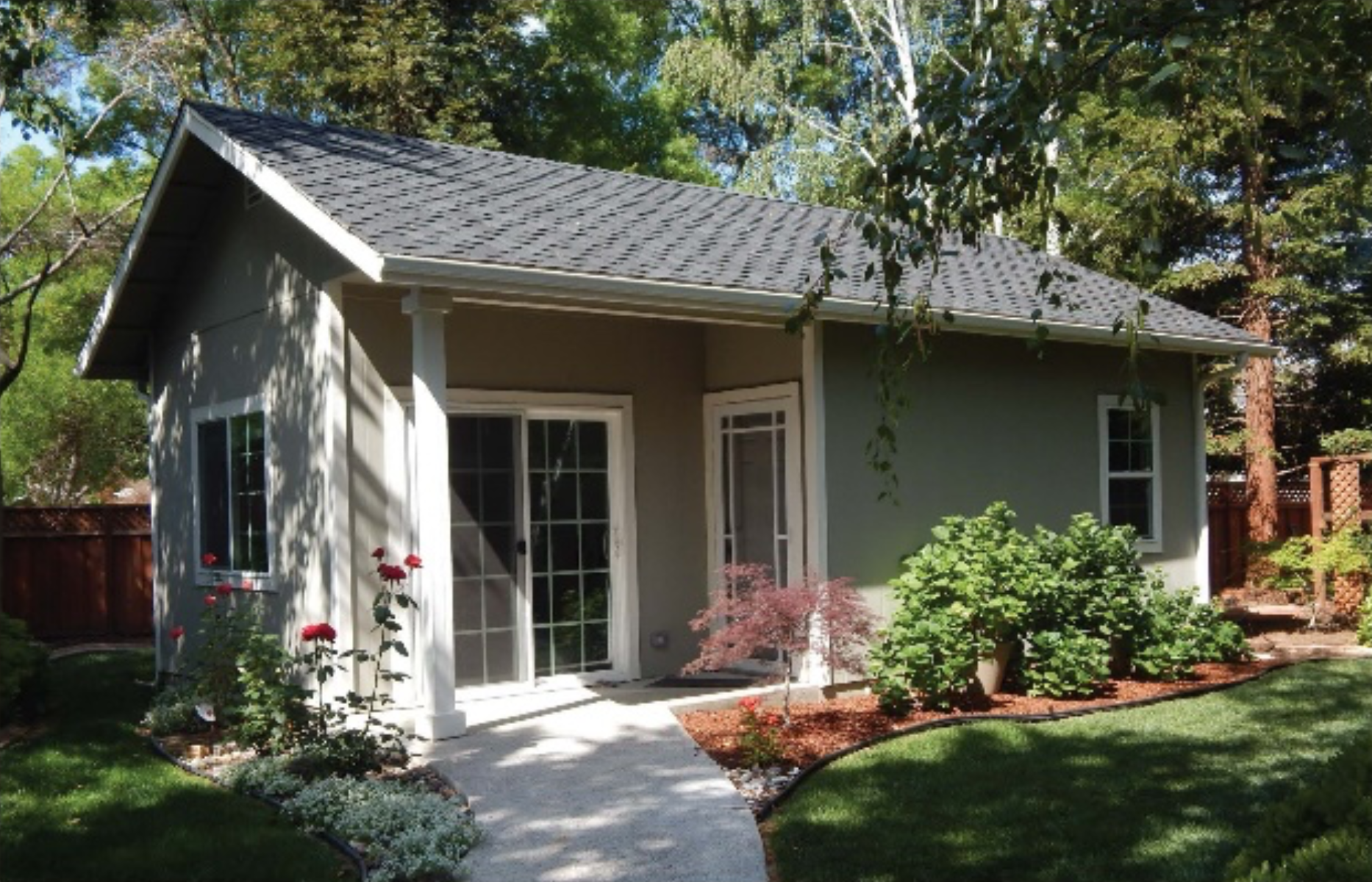
Accessory Dwelling Units (ADUs), also known as accessory apartments, in-law apartments, or granny flats, are small, self-contained residential units that are located on the same lot as an existing single-family home. In Connecticut, ADUs are allowed in some towns and cities, but not all.
ADUs are designed to provide affordable housing options for families or individuals who want to live close to their loved ones or generate additional rental income. These units can be attached to the main house or detached and can be used for a variety of purposes, such as rental income, multigenerational housing, or additional space for a home-based business.
In Connecticut, the state legislature passed a law in 2021 that requires all towns and cities to allow ADUs by right or by special permit. This means that homeowners can build an ADU without having to go through a lengthy and expensive zoning process.
To build an ADU in Connecticut, homeowners must comply with certain regulations and guidelines, including:
- The unit must be no larger than 30% of the existing home or 1,000 square feet, whichever is less
- The unit must have its own entrance, kitchen, and bathroom
- The homeowner must live on the property
- The property must have sufficient parking spaces
In addition, some towns and cities may have their own regulations regarding ADUs, so it is important to check with the local zoning department before starting any construction.
Overall, ADUs can be a great option for homeowners who want to increase the value of their property, generate additional rental income, or provide housing for their loved ones. However, it is important to do thorough research and comply with all regulations before building an ADU in Connecticut.
Posted by Tim Bray on
Leave A Comment